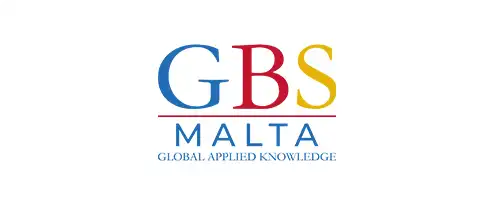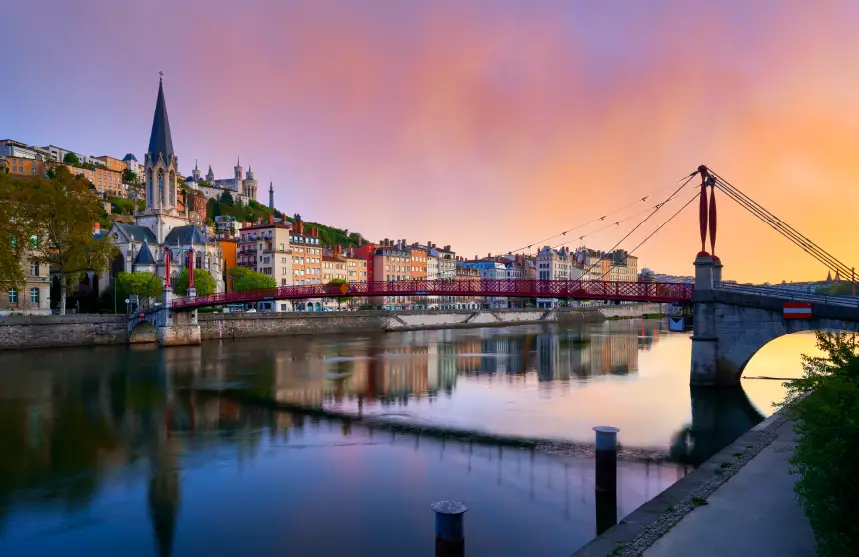Valletta
CapitalMaltese and English
Language+356
Dialing Code€ Euro (EUR)
CurrencyApproximately 514,000
Population€6,000 per year*
Tuition Fees€1,000 per month*
Living ExpensesAutumn | Spring
IntakesWhy Study in Malta?
Malta offers a unique blend of Mediterranean charm, rich history, and high-quality education. Its universities and institutions provide a diverse range of programmes, including English-taught courses, attracting students from around the world. With its warm climate, stunning coastline, and vibrant culture, Malta provides a conducive environment for academic excellence and personal growth. Additionally, its strategic location in the heart of the Mediterranean offers opportunities for cultural immersion and exploration.
Benefits
Networking Opportunities
Expand your network by connecting with students from across the globe
Cultural Events
Explore the rich culture through events, festivals, and concerts
Vibrant Student Life
Become a part of various student clubs and communities
Quality Education
Globally renowned universities with international accreditation and standards
Internship Availability
Access internship opportunities at local or international companies
Diverse Programmes
Universities offering various technical and non-technical courses as per students’ preference
Explore MetaApply Calculators
Eligibility Criteria
| Academic Qualifications | Equivalent to Maltese secondary education for undergraduate programmes and bachelor’s degree for postgraduate programmes. |
| Language Proficiency | Proof of English proficiency (e.g., IELTS, TOEFL) as required by the chosen programme. |
| Entrance Exams | Some programmes may require additional tests or interviews. |
Required Documents
| Completed Application Form | Specific to each university or institution. |
| Academic Transcripts | Official copies from all previous institutions. |
| Proof of Language Proficiency | IELTS, TOEFL, or equivalent scores. |
| Statement of Purpose | Detailing your motivation and goals. |
| Letters of Recommendation | From academic or professional referees. |
| Passport Copy | Valid for the duration of your stay. |
| Financial Documents | Evidence of sufficient funds to cover tuition and living expenses. |
| Passport-Sized Photographs | Recent photographs as per specifications. |
VISA Requirements
| Visa Application Form | Completed and submitted to the Maltese embassy or consulate in your home country. |
| Passport | Valid for the duration of your stay. |
| Acceptance Letter | From a recognised Maltese educational institution. |
| Proof of Financial Support | Bank statements, scholarship letters, or financial sponsorship. |
| Health Insurance | Proof of health coverage for the duration of your stay. |
| Student Visa or Residence Permit | Issued by the Maltese authorities upon approval of the visa application. |
Cost of Study in Malta
| Tuition Fees | Varies by programme and institution, generally EUR 1,000 to EUR 5,000 per year for undergraduate programmes and EUR 5,000 to EUR 15,000 per year for postgraduate programmes. |
| Living Expenses | Approximately EUR 8,000 to EUR 12,000 per year, depending on location and lifestyle. |
| Health Insurance | Around EUR 200 to EUR 500 per year. |
| Books and Supplies | Around EUR 500 to EUR 1,000 per year. |
Please note: All information is sourced from web and the data may vary—kindly refer to official or government websites for the most accurate details.
Countries in Europe
Process of MetaApply
Frequently Asked Questions
Intakes vary by institution and program, but the primary intakes are usually in September/October and February/March.
Yes, international students are allowed to work part-time up to 20 hours per week during the academic year and full-time during official vacation periods.
Yes, various scholarships and grants are available from Maltese universities, government organisations, and private foundations based on merit and need.
After receiving an acceptance letter from a Maltese institution, you can apply for a student visa or residence permit at the Maltese embassy or consulate in your home country.
Yes, health insurance is mandatory for all residents in Malta, including students, and must cover essential medical costs for accidents and illnesses.

Download Destination Guide
Get destination-wise insights, requirements, and university options.


















